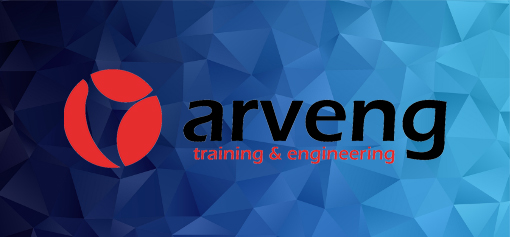This introductory, video-based course provides participants with an overview of the ASME B31.12 Code, including its structure and the scope of its main sections. It goes over some of the main characteristics of hydrogen that affect the design of piping and pipeline systems for hydrogen service. It also covers the main differences between the B31.12 Code and its predecessors, ASME B31.3 and B31.8.
General requirements, design, components, manufacturing and assembly, as well as inspection, testing, and maintenance requirements are reviewed as they pertain to both industrial piping and pipelines. Participants are introduced to the Prescriptive and Performance-Based design methods, as well as requirements for the conversion of existing pipelines for hydrogen service. Both acceptable and unacceptable materials for hydrogen service are also discussed.
This course includes assessment tests intended to reinforce and consolidate the information covered in each lesson.
By participating in this course, you will learn how to successfully:
- Identify ASME taxonomy of codes dedicated to piping and pipelines
- Recognize some key hydrogen properties affecting piping system design
- Describe how to the B31.12 Code is organized
- Apply the approach outlined by the code to the design, construction, operation, and maintenance of industrial piping and pipelines for hydrogen
- Distinguish the main differences between the previous Codes B31.3 and B31.8, compared to B31.12
- Identify materials compatible with hydrogen
- Explain how to apply the Code to repurpose natural gas pipelines to hydrogen service
Who should attend?
This course is designed for graduates, designers, freelancers, technicians, and engineers involved in calculation, design, selection, manufacturing, safety, quality, and maintenance of systems and equipment in industrial processes. Previous knowledge of this subject is not required.
For a more in-depth look at ASME B31.12, check out our advanced course: Advanced ASME B31.12 Hydrogen Piping and Pipelines.
Course Materials (included in purchase of course)
- Digital course notes via ASME’s Learning Hub
- Summary Videos of each lesson
- Conceptual questions to help with concept assimilation
Course participants are expected to have:
- Access to computer equipment and a reliable internet connection
- A calculator
- Software to display PDF files (such as Adobe Reader)
A Certificate of Completion will be issued to registrants who successfully complete this course.





